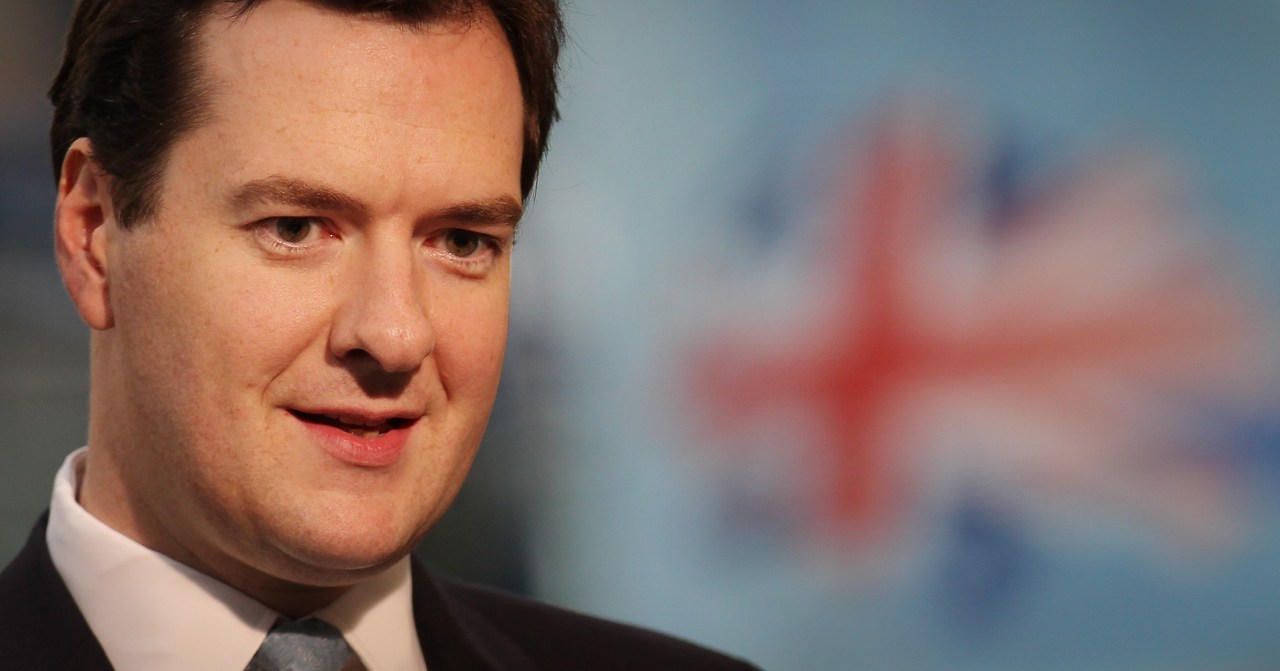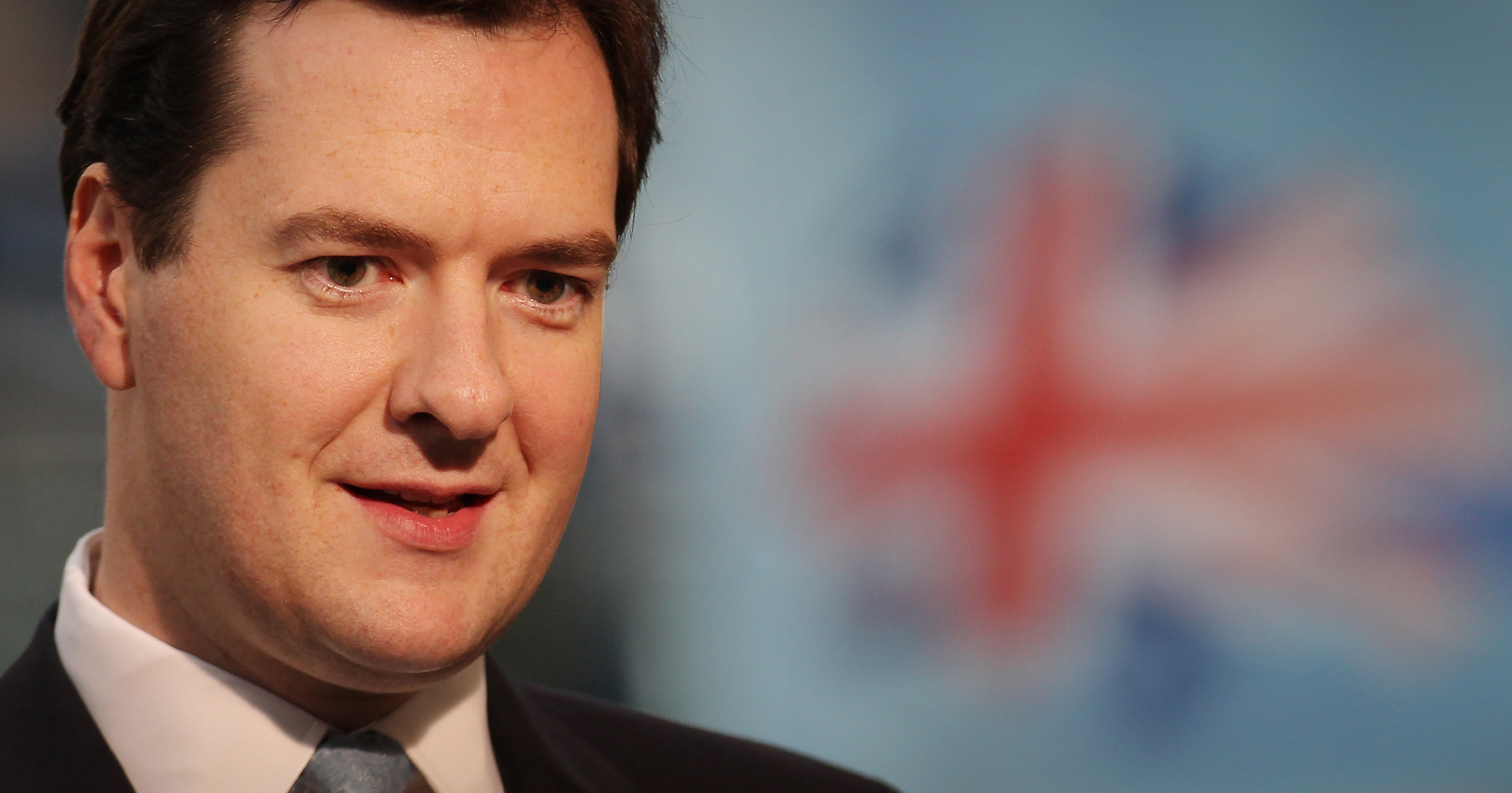 I have found out a little more about the Universal Credit – and how the arguments
over the summer were resolved. First, the backdrop. Money was always going to be a problem. This policy is about saving lives, not money. Right now, we pave the road to welfare dependency, creating
a vacuum in the labour market that sucks in workers from overseas. Under Brown, the Treasury accepted this: cheap workers pay tax too, and as do companies who profit from them. Result: tax receipts
up, but never fewer than 5 million on out-of-work benefits throught the boom years.
I have found out a little more about the Universal Credit – and how the arguments
over the summer were resolved. First, the backdrop. Money was always going to be a problem. This policy is about saving lives, not money. Right now, we pave the road to welfare dependency, creating
a vacuum in the labour market that sucks in workers from overseas. Under Brown, the Treasury accepted this: cheap workers pay tax too, and as do companies who profit from them. Result: tax receipts
up, but never fewer than 5 million on out-of-work benefits throught the boom years.
The IDS plan was not sprung on Osborne. As I blogged a while ago, it was Osborne who suggested bringing him back – to implement this very policy. So the idea of some fundamental tension between them was misplaned: IDS was, in effect, Osborne’s hire. Both wish to restore the link between economic growth and reduction of unemployment – so it was time to abolish the perverse incentives that pay so many millions not to work.
IDS’s original plan was costly: as I said in my piece on the Universal Credit last year it’s about £3bn. And there would be losers, as well as winners. Osborne was anxious: he doesn’t have £3bn and the fiasco over the 10p tax in the 2008 local elections shows just how politically toxic it is to have losers – no matter how little they are losing. Blair’s Clinton-inspired bold talk on welfare reform ended when some disabled protesters chained themselves to Westminster’s railings. Having even a few losers can be politically fatal to welfare reform – this is the realpolitik.
Alongside this was the institutional opposition of HM Treasury, which Brown had built into a one-department government, and it wants to keep this power under Cameron. The tough discussions between Osborne and IDS were made no easier by Treasury staff showing maximum resistance to change. Sparks flew – and both were dismayed that this leaked. Both left for the summer holidays determined to find a fix.
First, the cost. The deal put together over the summer by Osborne, Letwin and IDS (with Clegg giving IDS plenty of covering fire) deals with the cost by spreading it over two parliaments. If this sounds like an eternity, consider that there are 19 million on some kind of benefit. The DWP’s “clients” outnumber the population of many countries.
This longer timetable has enabled a “no lose” guarantee. So someone switching from, say, a suite of eight benefits (housing, council tax relief, incapacity, etc.) on to the Universal Credit would have its value topped up to whatever they were on before. This is knows as “grandfathering” the old system. If the claimant changes circumstances they would go on to the new system. In many cases, this means they would – for the first time – be markedly better-off in work. The new system is designed to be all carrot and no stick; a significant political attraction. The price for this is the delay: we’re talking eight years. And plenty can go wrong in that timeframe, especially if the key personnel change.
Of the 6 million on benefits now, a staggering 1 million did not work throughout the Labour years. But the churn is fast enough to get this new system up and running. New claimants and long-term unemployed will be prioritised. As with school reform, this genie needs to be yanked out of the bottle before the next election. With, say, 1 million on the new Universal Credit and therefore keeping more of the money they earn, Labour may not revoke it. The “no lose” guarantee may even remove their objections: the coalition are actively seeking Ed Miliband’s support. At stake are the life chances of literally millions of the poor. Enough grounds, surely, for a consensus.
So whose victory is this? As Reagan once said, it’s amazing what you can achieve in politics when you don’t worry about who takes the credit. This was an IDS scheme made workable by Osborne, fuelled by Lib Dem support. Mountaineers do not celebrate when they decide to climb Everest, nor will IDS be celebrating now. This will take years, with many potential pitfalls ahead. But the end result is the single best chance we have to make poverty history.








Comments